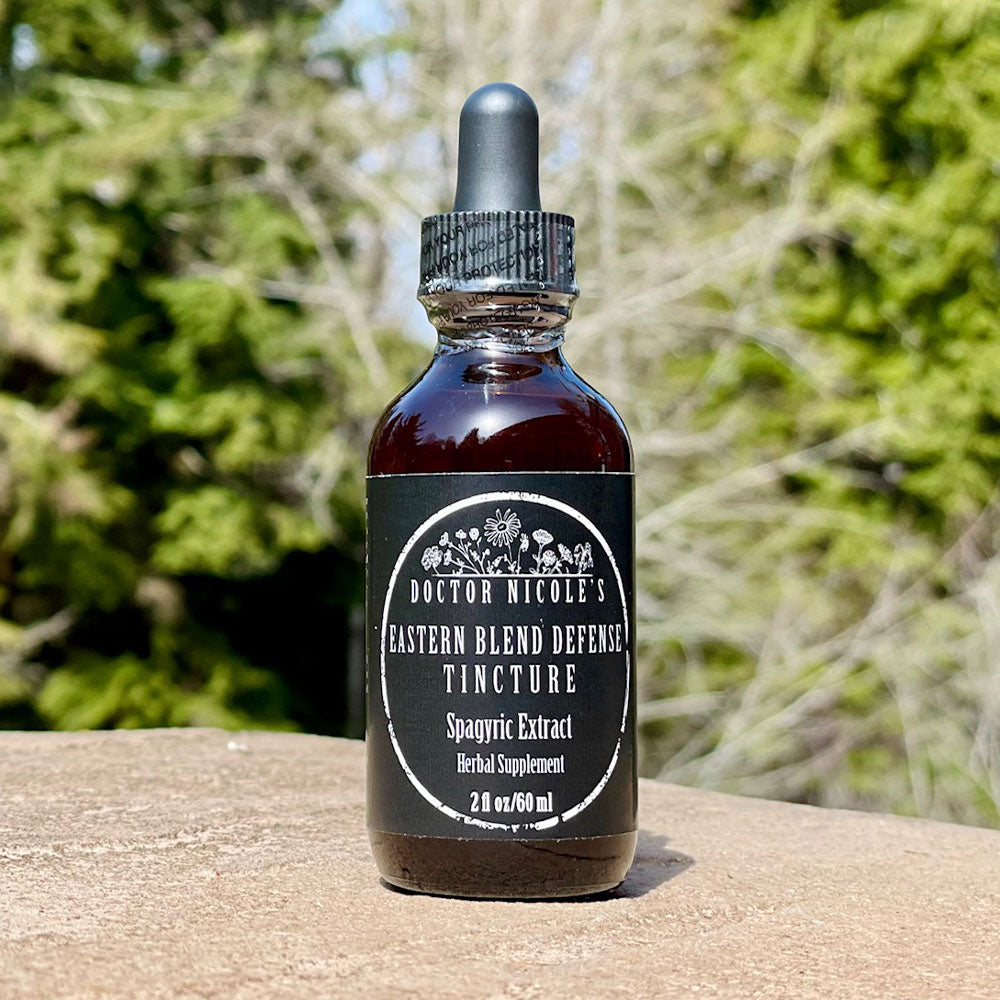The Life-Changing Implications of Viral Infections
A new study has shone light on what could very well be the answer to what causes multiple sclerosis: a past viral infection with Epstein-Barr (EBV), a type of herpes virus. It is a stunning discovery with important implications not only for MS patients, but also for those suffering from other autoimmune conditions. Researchers believe this particular virus is also involved with a syndrome of extreme fatigue, brain fog, and other neurological issues post-recovery from another viral infection that causes severe respiratory illness. Below we’ll explore the research and practical ways we can help to protect ourselves from worrying viral infections.
The Connection Between Multiple Sclerosis and the Epstein-Barr Virus
The same virus that causes mononucleosis, EBV was the focus of a decade-long study involving 62 million samples from over 10 million active and reserve duty members that were stored at the Walter Reed Army Institute of Research in Silver Spring, MD. Since a large majority of the population has been exposed to the Epstein-Barr virus in childhood or during their teenage years, the ramifications of these findings are significant.
Once the team analyzed the samples, they discovered that an infection with EBV increased the chances of developing MS by more than 32-fold.
“‘Our data strongly suggest Epstein-Barr virus is the leading cause of multiple sclerosis,” said Kjetil Bjornevik, a research scientist at Harvard and the study’s lead author. “It was a really dramatic increase in risk that would be very hard to explain any other way.”’ [source]
The researchers not only looked for the virus or antibodies, but also searched for what is called neurofilament light chain (NfL). When neurons are attacked, they shed these filaments and some migrate to the cerebrospinal fluid, then into the bloodstream. The rise in NfL levels is typically detected several years before the onset of MS. The study found that this uptick in neurodegeneration didn’t happen until after an active EBV infection. The team stresses this point because it shows that MS doesn’t compromise the immune system so that the Epstein-Barr virus can flourish. The infection came first.
Michael Wilson, a neurologist at the University of California, San Francisco who focuses on neuroinflammatory disorders said there are many factors involved in MS. Certain inherited genes are involved, as are low serum vitamin D levels and environmental factors. But when these aspects are combined with an EBV infection, it may just create a perfect storm for MS to develop.
The results of the study offer a compelling reason to find ways to help avoid active EBV infections or to mitigate the damage, especially since the virus has been linked to a range of cancers as well as other autoimmune conditions like lupus. And now, a new study has emerged that found the Epstein-Barr virus is also involved in the prolonged aftereffects of a severe respiratory viral infection.
EBV and “Post Recovery Syndrome”
Over the last several years, we are seeing an unexpected phenomena: people who have recovered from a severe respiratory viral infection are continuing to struggle with chronic fatigue, brain fog, and other unexplained neurological problems. These issues can develop whether the initial infection was symptom-free, mild, or severe. It has puzzled researchers and physicians — up until now. Two studies may hold the answer to this mysterious condition.
It is estimated that at least 95% of healthy adults have a “latent” or dormant EBV infection that is without symptoms. But for those with conditions or lifestyles that compromise the immune system, the Epstein-Barr virus can become reactivated and wreak havoc on our health. With this in mind, let’s have a look at the first study published in the journal Scientific Reports.
At the Renmin Hospital of Wuhan University, researchers looked at the test results of 67 hospitalized people who had confirmed cases of severe respiratory illness. What they found is that 55% had a reactivated EBV infection. This group also had higher levels of CRP, an inflammatory marker. The team concluded that an EBV reactivation was associated with increased severity of the respiratory illness.
The second study found a clear association between “post recovery syndrome” and a reactivated EBV infection. In fact, 66.7% diagnosed with this syndrome tested positive for activated Epstein-Barr virus. Only 10% of the participants with reactivated EBV were symptom-free. The researchers believe that reactivation “occurred soon after or concurrently with contraction of the [severe respiratory virus].” They concluded:
“These findings suggest that many long [post-recovery] symptoms may not be a direct result of the [severe respiratory] virus but may be the result of […] inflammation-induced EBV reactivation.”

Improving Outcomes with Medicinal Herbs
Needless to say, reducing our overall viral load is important now more than ever — and herbal remedies are an outstanding option for this purpose. Here are my favorite picks:
A powerful antiviral that has traditionally been used to lessen the severity of influenza, recent research has shown that elderberry is also an excellent defense against severe respiratory illness when used early in the course of the disease.
Next is Japanese knotweed. As an exceptional source of resveratrol, it helps to suppress the replication of viruses such as influenza and others that cause serious respiratory infection. As I wrote in, “Japanese Knotweed: A Mighty Medicinal Herb For Respiratory Health, Inflammation, Lyme Disease, and Much More“:
“Not only did the botanical significantly inhibit viral replication during this recent study published in Phytotherapy Research, it also reduced the tissue inflammatory reaction in-vitro. This study is well worth a quick read!”
Cordyceps is another botanical that is especially effective against viral infection — particularly with the Epstein-Barr virus. A study published in Oncoscience discovered that cordycepin, the bioactive compound within the cordyceps mushroom, naturally suppresses the replication of EBV.

Japanese knotweed and cordyceps are found in my Eastern Blend Tincture. This powerful formulation also includes Chinese skullcap and Japanese honeysuckle. All herbs are either wild-harvested or organically grown, double-extracted (where applicable), and utilize an innovative spagyric method to access the full spectrum of compounds.
Stand-alone tinctures of elderberry and cordyceps are also available. Visit the Apothecary today to learn more!
Nicole Apelian




